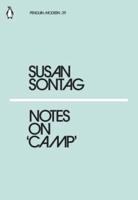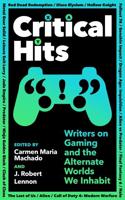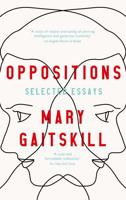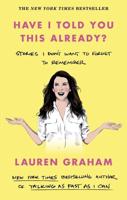Publisher's Synopsis
Excerpt from The Eugene Field Myth: Being a Protest Against the Silly, Sentimental Apotheosis of a Man and Writer
Ter of Robertouis Stevenson, against displacing the man and setting up an idol, against transub stantiating flesh and blood into a sort of choco late-cream cherub, the true lovers of men and of literature were rejoiced, even though the lady like persons who insist that their heroes shall be flawlessly angelic were sorely grieved. Mr. Henley pleaded for the real Stevenson, whom he knew, against the ideally impossible or impossibly ideal Stevenson, whom most of his worshipers had read about rather than read in his own work. The protest startled for a time, but not for long, as the judicious soon saw that Stevenson was the greater for the peccadilloes his former friend had pointed out. Henley's Lewis grips us to him more firmly than the idealized creature pictured by over-enthusiasticadmirers, so that what the London Saturday Weenie? characterized as a case of literary leprosy, and what hundreds of petty para graphers in England and America called ghoul ishness, ingratitude, and sacrilege has, within a few brief weeks, become recognized as a valuable service to the dead stylist and a use ful contribution to the literature of biography. Ja'wbat had happened or was happening to Stevenson is in danger of happening to Eugene Field. He has been unduly worshiped by the undiscerning multitude. He has been so be praised that criticism of him or his work has been regarded as a crime almost equal in atrocity to speaking disrespectfully of the equator. Field has been unrestrainedly sentimentalized about until the saccharine slavering of his name and fame has become positively nauseating. Everything that he ever wrote - that was printable - has been reproduced in cheap form and indiscriminatingly lauded by those who laud everything. The banal Tribune Primer, with its boyish vulgarities, has been sold by the hundred thousand. Culture's Garland, a piece 2of work that stands to real literature about as a variety sketch stands towards a play like Francesca da Rimini, has been universally read in this country. A two-volume collection of Sharps and Flats has been made, in which the flats predominate over the sharps, and the sharps are a composite of atrocious puns, iolly ings of actors and politicians, chaffing of tem porary celebrities or notorieties, and the usual brilliants which the paragraphing wits of half a dozen newspapers used to pass along between one another after the Danbury Weevs man and the Burlington Hawkeye man had made paragraphing a fad about twenty-five years. There is no more dismal book in the world than this two-volume compilation of Field's work, issued about three years ago, by the Scribners. It is, of course, unfair to fudge Field by these cullings from his hack work in the daily column he contributed to the Daily ?aws of Chicago, or to blame him for the mistaken zeal of the friend who made the com pilation. It is only fust to say that many of the things that have been copiously reprinted 3srnce Field's death and extravagantly admired by those with no standards of literary judgment, were productions that he was ashamed of in those maturer years when he came into the possession of a faculty of taste. Field is not to be held responsible for the exaggerated esteem in which he has been held by the large class of persons whose esteem, expressed in unpunc tuated, misspelled, wrongly capitalized letters. Comes to almost every writer of any prominence and makes him realize what a fake is fame in this glorious country of ours.
About the Publisher
Forgotten Books publishes hundreds of thousands of rare and classic books. Find more at www.forgottenbooks.com









